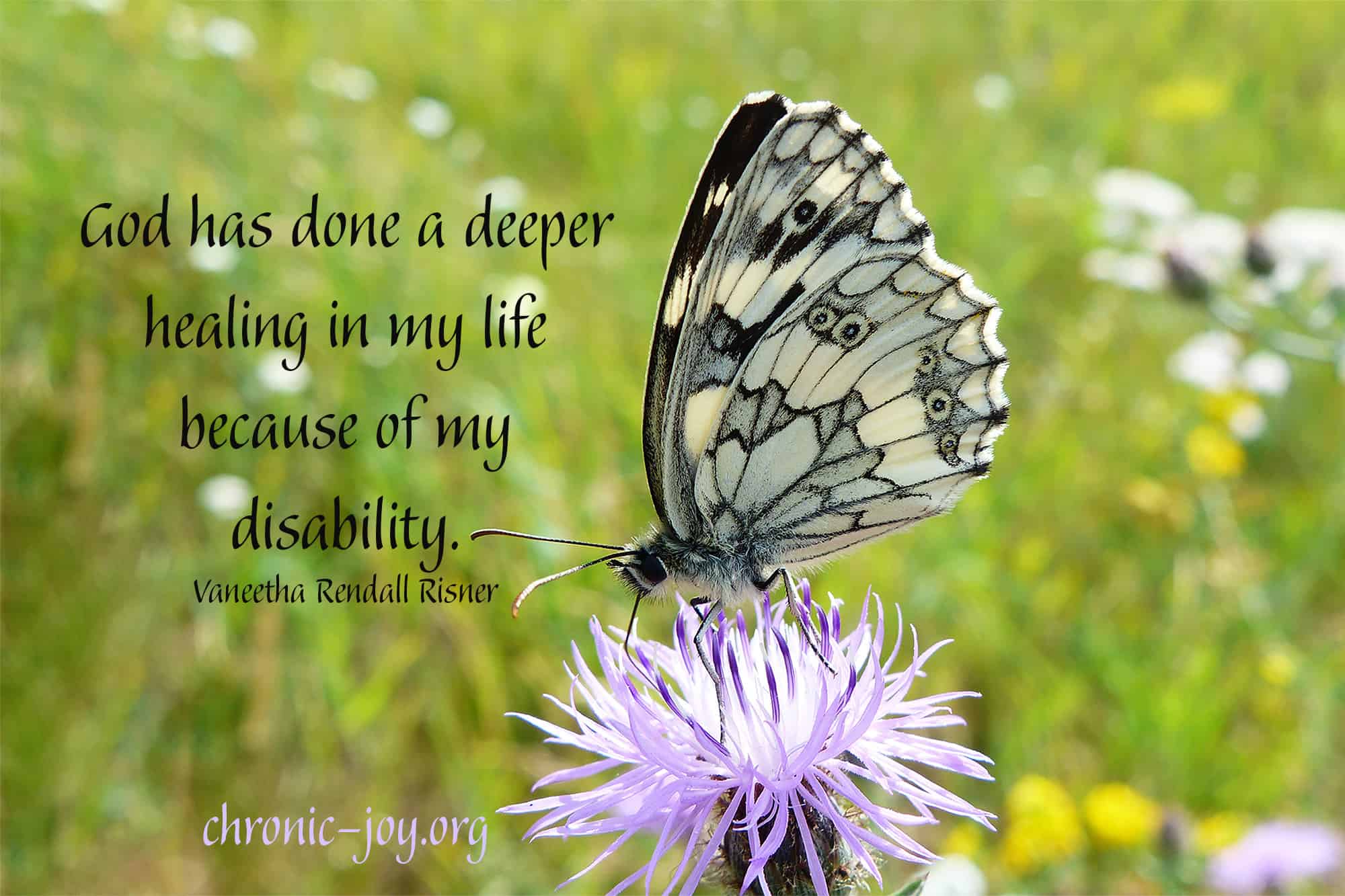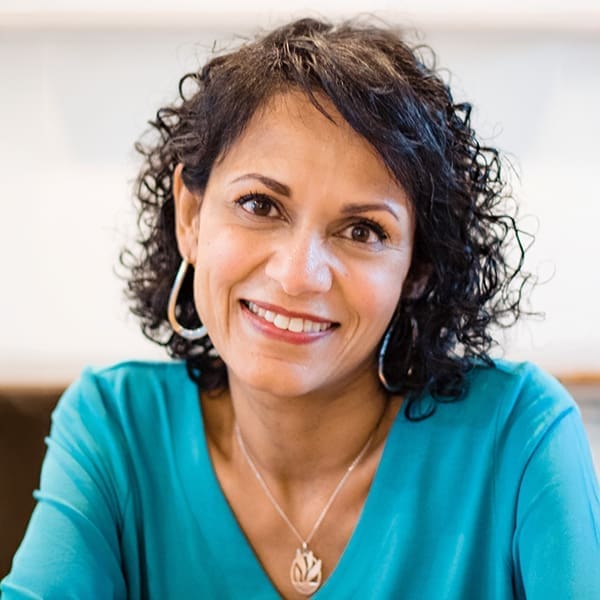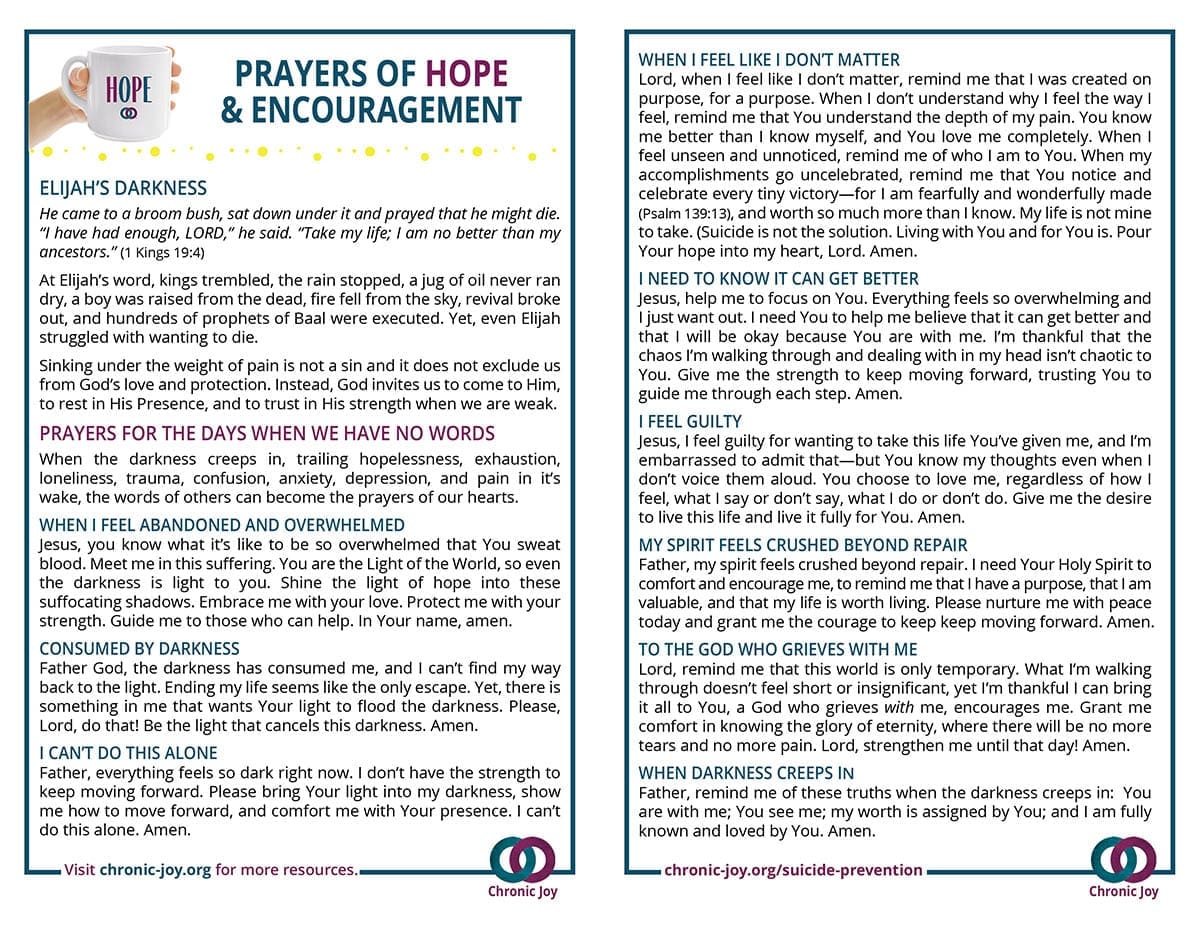
God has done a deeper healing in my life because of my disability. (Vaneetha Rendall Risner)
FAITH, HEALING AND FAITH HEALING
As I read the words from my old journal, I vividly recall my emotions: shame, humiliation, and doubt. The entry is dated April 16, 1983. I was in my second semester of college.
Though we had arrived early, the room was packed. The only seats left were in the first row. As we walked to the front of the auditorium, I was painfully aware of my limp. Everyone knew I had come for healing. My presence seemed to intensify the excitement. I could tell everyone wondered if they would witness a verifiable miracle.
After a short sermon, people started lining up. This traveling evangelist touched people where they were hurting and prayed for them, commanding them to be healed in the name of Jesus. All of them were healed! Hip pains, earaches, migraines—all disappeared immediately. My stomach was in knots when someone grabbed my hand and led me onto the stage. There was silence as everyone turned to me. I was terrified.
I sat in a chair while this man pulled on my legs and told me that one leg was longer than the other. He fixed that. Then he touched my shoulders and legs, claimed my healing, and asked me to walk. When I did, nothing was different. He prayed again. Still, no change. He was irritated, maybe a bit embarrassed. He looked at me and said, “I’ve done all I can do. The rest is up to you.”
With a dismissive wave, he walked away and declared, “I see that you do not have the faith to be healed. You must go home, pray, and ask God to give you more faith. I’m going to do another healing service and baptism tomorrow. If you have the faith, come to that meeting, and you will be healed.” He turned his attention to the next person in line while my friends helped me off the stage.
I was mortified. No one had ever said it was my fault before. No one had questioned my faith in the process. No one had blamed me for my disability. I sat there, humiliated, trying to figure out the next step. I was simultaneously embarrassed, insecure, and irate.
Aftermath
Later that night, as I penned my journal entry, I began: “Lord, I’m so confused, and I don’t know what to think. If You want me to be healed, give me the faith.” Doubts started to overwhelm me. I felt desperate. The following day, I wrote, “I have so little faith, Lord. You say if we lack faith, we only need to ask. I want to be healed…help me to trust that I will be.”
Over the next few days, my emotions were on a roller coaster, alternating between begging God for the faith to be healed and demonizing this man who had humiliated me. I then decided that he was wrong. He was a false teacher. My faith was strong, and no one could question it.
I needed grace: grace for myself to see that my healing didn’t rest on me, grace for this man attempting to walk out his gifting, grace for my friends who were trying to help me discern truth. When I was criticized, I assumed that no fault lay within me. It was totally his mistake. No one should have questioned my faith—but as I looked at my heart and what lay at the root of my anger, I saw my sins of self-righteousness, pride, and arrogance.
At the same time, I don’t believe faith healers can heal whoever they wish. They can only heal those who God has chosen to restore. The glorious message of the Gospel is that God’s plan and promises are not dependent on us. They are wholly dependent on Him, for He has done it all. God alone decides who, when, and where healing will occur.
Thorns Remaining and Thorns Removed
I would love to be physically healed—or at least for my post-polio deterioration to stop. It would make my days a lot easier. However, God (in His wisdom) has chosen not to remove this thorn. I don’t understand when or why God chooses to heal. It remains a mystery. I wish I knew why devout, faithful young Christians die of cancer and other not-so-faithful people receive inexplicable healing when the former are seeking God daily and the latter utter a one-time quick prayer. It doesn’t seem fair.
Yet I’ve received miraculous physical healing myself. When I was eight years old, I used ankle braces. The doctors said I couldn’t walk without them, but God changed that in an instant through a faith healer who prayed over me. I haven’t worn braces since, and the doctors are astounded. It doesn’t make medical sense.
So why didn’t God go all the way and heal me completely? Why did he just stop with getting rid of my braces? Why didn’t he do the more astonishing miracle? I don’t know for sure, but I do know that God has done a deeper healing in my life because of my disability. He has taught me to trust him in the dark. He has refined my character through loss. He has given me incredible joy in Him. Those things are more valuable to me than physical healing.
God’s power is being made perfect in my weakness. Paradoxically, I see God most clearly in not being healed, crying out to Him, and trusting Him when it hurts. A Puritan prayer from The Valley of Vision puts it this way: Lord, in the daytime, stars can be seen from deepest wells, and the deeper the wells, the brighter Thy stars shine. [1]
While I’d like to understand God’s mysteries, I don’t need to. My finite mind cannot comprehend the Infinite, but I am certain that God is purposeful, that life isn’t random, and God isn’t capricious. Whether physically healed or not, I can rest on God’s unchanging grace.
The prayer from The Valley of Vision ends with this: Let me find thy light in my darkness, thy life in my death, thy joy in my sorrow, thy grace in my sin, thy riches in my poverty, thy glory in my valley.[1]
In Christ, I have found His light in my darkness and His joy in my sorrow.
[1]The Valley of Vision: A Collection of Puritan Prayers and Devotions, Arthur Bennett (Edinburgh: Banner of Truth, 2003), xxv. (Excerpt from The Scars That Have Shaped Me: How God Meets Us in Suffering. First published at Dance in the Rain, March, 2014. Published with permission.).


Vaneetha Risner
Vaneetha writes and speaks about meeting God in suffering. She is the author of The Scars That Have Shaped Me, Walking Through Fire, Desperate for Hope (a Bible study), and Watching for the Morning: 90 Devotionals When Hope Is Hard to Find (coming soon). You can find her writing at Desiring God and Vaneetha.com. Vaneetha lives in North Carolina with her husband, Joel. She has two daughters, Katie and Kristi.

Prayers of Hope & Encouragement
Sinking under the weight of pain is not a sin, and it does not exclude us from God’s love and protection. Instead, God invites us to come to Him, to rest in His presence, and to trust in His strength when we are weak.

Recent Comments